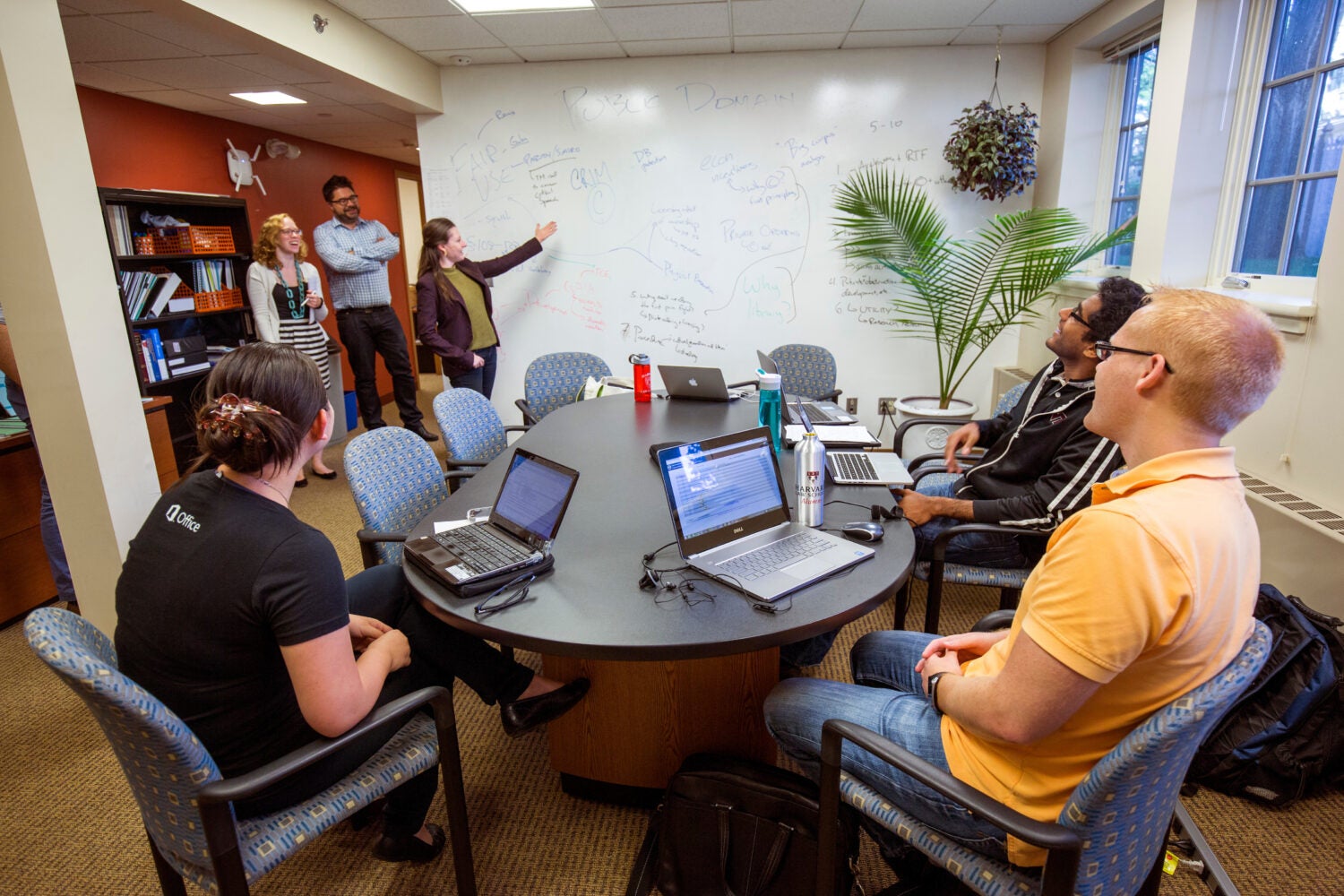
Harvard Law School was the first law school in the United States to offer clinical education and today offers more clinical opportunities than any other law school. Your support propels programs covering more than 30 diverse areas of the law, where students gain real-world, hands-on legal experience under the supervision of practicing attorneys.
Giving Opportunities
Gifts to Harvard Law School clinics enrich students’ law school experiences and have a ripple effect on the communities supported by our students and faculty. We hope you will partner with us as we strive to build on this legacy and provide the next generation of leaders and advocates with the best possible training in the law.
The twin pillars of the Clinical and Pro Bono Program at Harvard Law School are to provide exemplary legal services to local, national, and international communities and to ensure the continuous education, learning, and growth of the clinical community. Our remarkable students are at the heart of both of these goals. And our students change the world: one classroom at a time, one case at a time, one client at a time. As our clinical students join the broader legal profession, we know their impact and contributions will only grow.
– Merry Boak ’12, Assistant Dean for Clinical and Experiential Education and Pro Bono Programs
-
J.D. Participation in Clinics 88%
-
Average Pro Bono Hours 619
-
Annual Clinical Placements 1,272
Learning the Law, Serving the World
Each clinic is tied to a classroom component—students receive clinical credit for their legal practice in clinics and academic credit for the course component. 2L, 3L, and LL.M. students can enroll in clinics.
“My clinical experiences have been my favorite and most rewarding parts of my law school experience. I came to law school to learn how to be a lawyer, and my clinical experiences have taught me just that. When you take a case, you never know how it’s going to turn out, what challenges you are going to face along the way. But with every unpredictable twist and turn that my clients and cases took me on, I learned something new about what it takes to be a lawyer.”
Stephanie Perez ’23, 2023 recipient of the Ralph D. Gants Access to Justice Award
Harvard Law School currently has 24 in-house clinics—located on campus or in Boston—staffed by clinical professors of law, lecturers on law, clinical instructors, clinical fellows, and program administrators who teach students in the clinic and in the classroom.
In addition, there are 13 externship clinics that place students at outside organizations falling under the clinic’s subject area, where they are supervised by attorneys.
List of HLS Clinics in 2023-2024
Student Practice Organizations
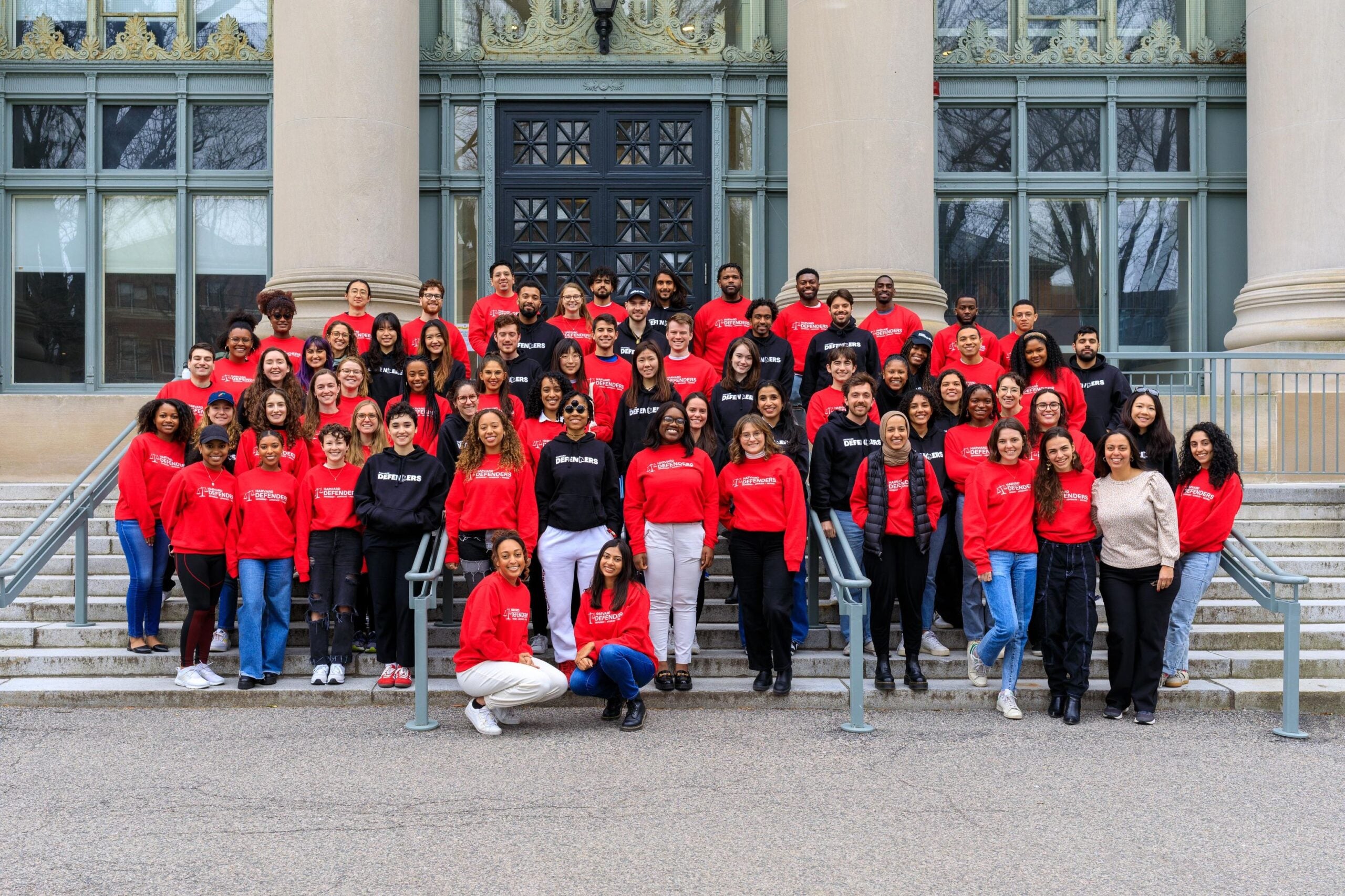
Credit: Courtesy of Apoorva Krishnan
Open to all students, Student Practice Organizations (SPOs) are run by student boards and supervised by licensed attorneys. Participation in an SPO allows students to gain practical legal experience that counts toward their graduation pro bono requirement.
Current SPOs
- Harvard Defenders
- Harvard Law Entrepreneurship Project
- Harvard Mediation Program
- Harvard Prison Legal Assistance Project
- HLS Advocates for Human Rights
- HLS Immigration Project
- HLS Mississippi Delta Project
- HLS Negotiators
- Project No One Leaves
- Recording Artists Project
- Tenant Advocacy Project
Campus Naming Opportunities
In addition to essential support for clinical students and faculty, there are campus spaces for clinics available for naming. Contact our Major Gifts team to learn more about these transformational opportunities.
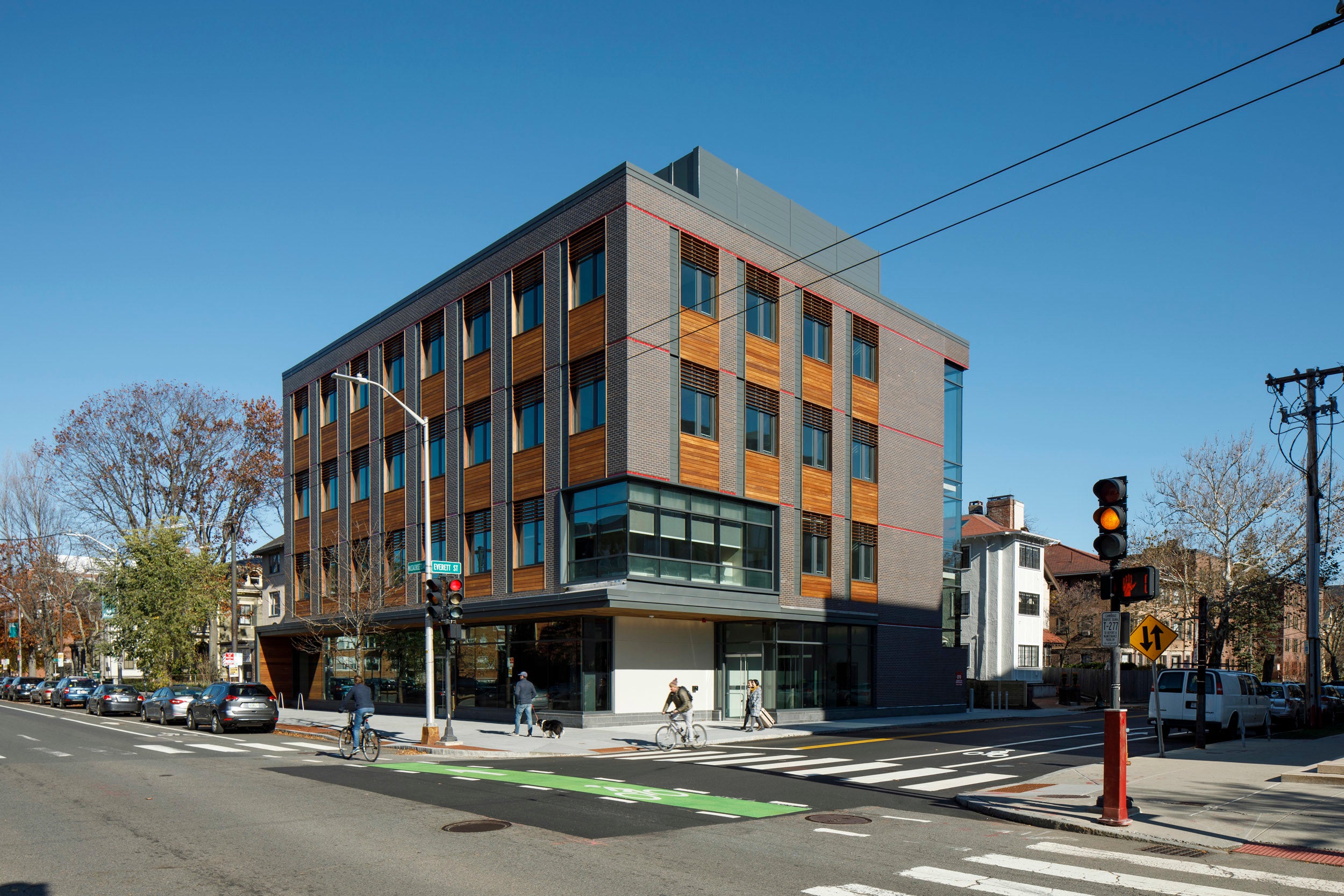
Clinic Stories
-
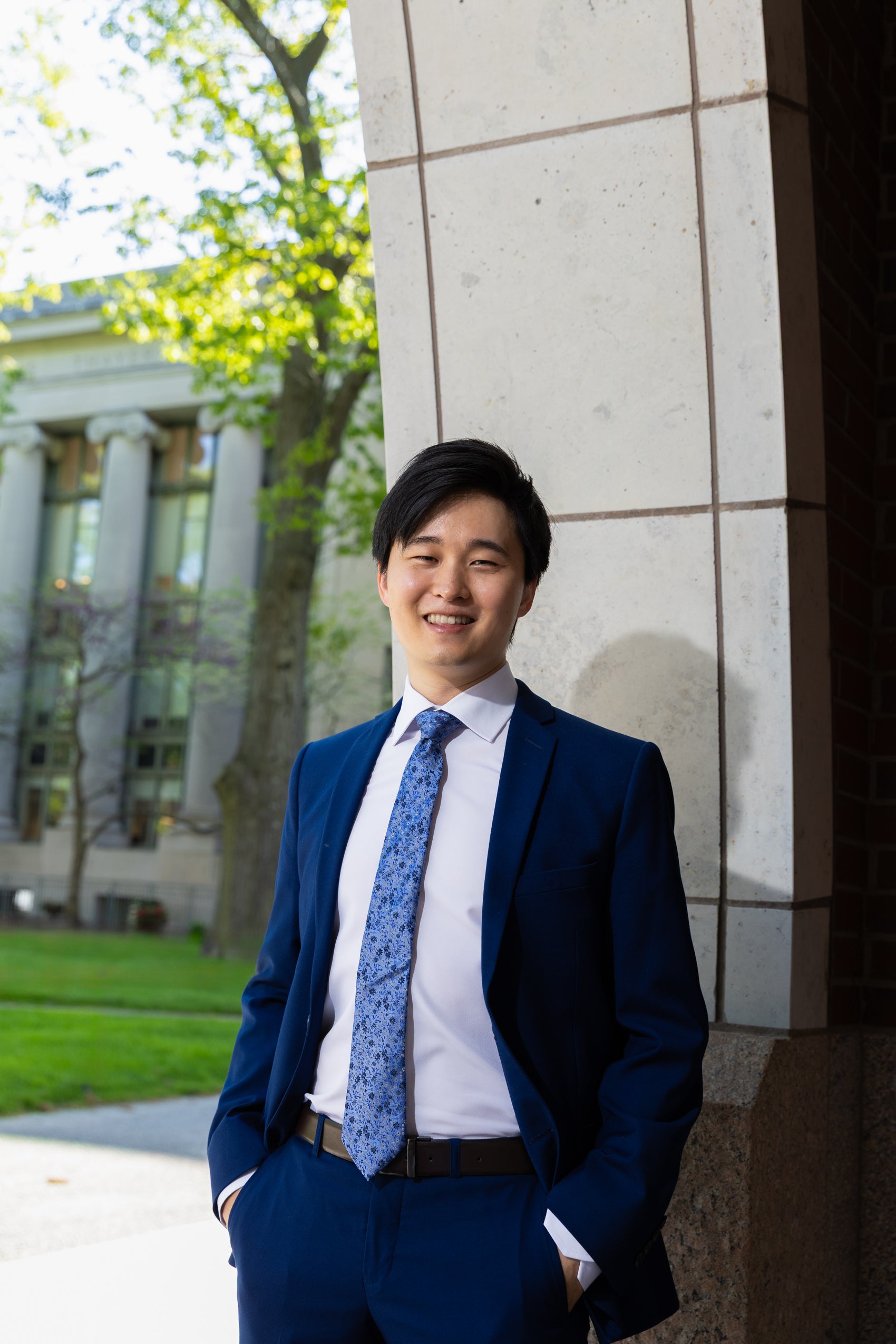
Eric Zhao honored with the David A. Grossman Exemplary Clinical Student Award
Zhao is celebrated for his outstanding contributions across four multidisciplinary clinics: the Emmett Environmental Law and Policy Clinic, the Food Law and Policy Clinic, the Housing Law Clinic, and the International Human Rights Clinic.
May 28, 2025
-
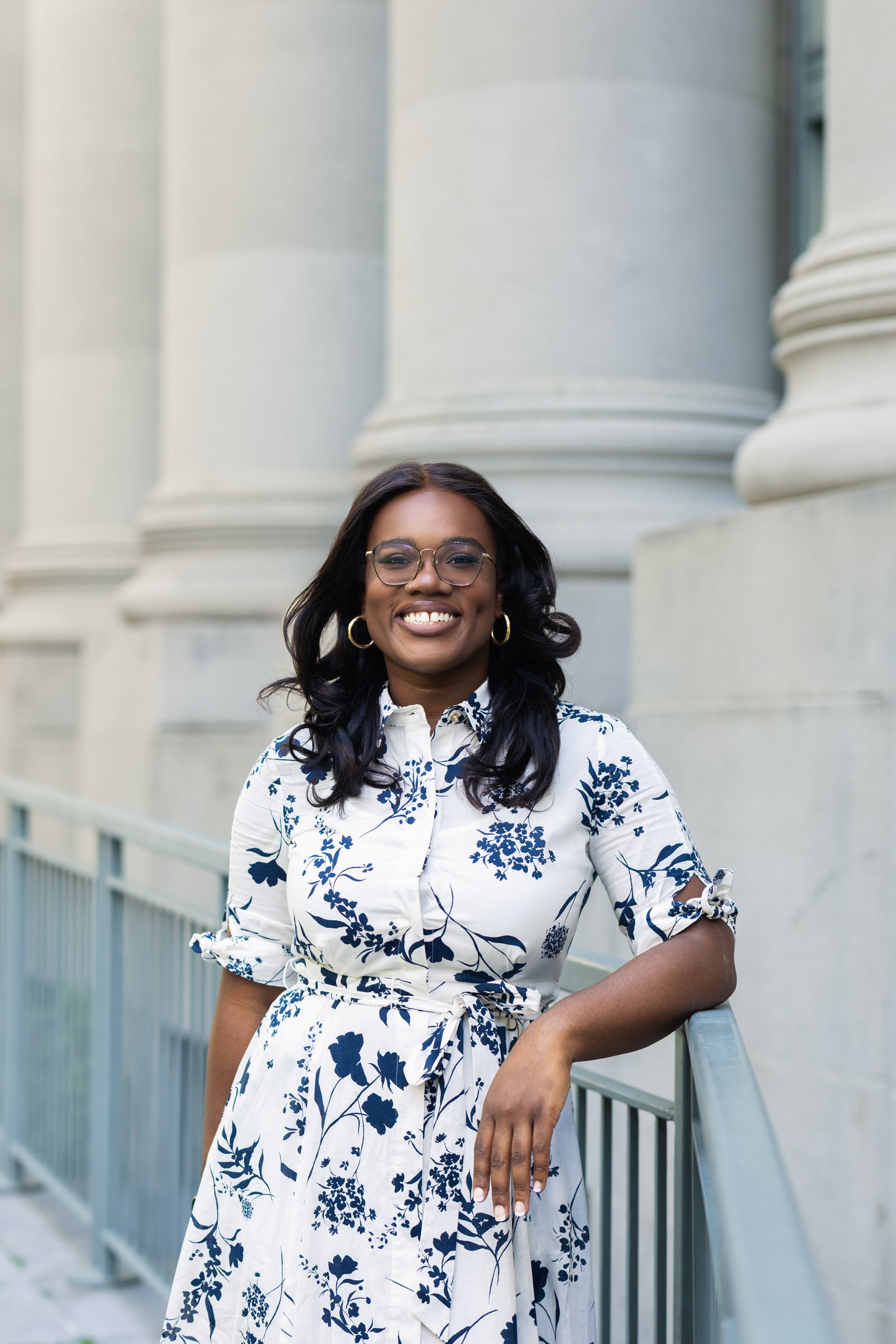
Alexia Roberts wins the Andrew L. Kaufman Pro Bono Award
The award is given to a J.D. student in the graduating class who exemplifies the pro bono public spirit and an extraordinary commitment to improving and delivering high quality volunteer legal services to disadvantaged communities.
May 28, 2025
-
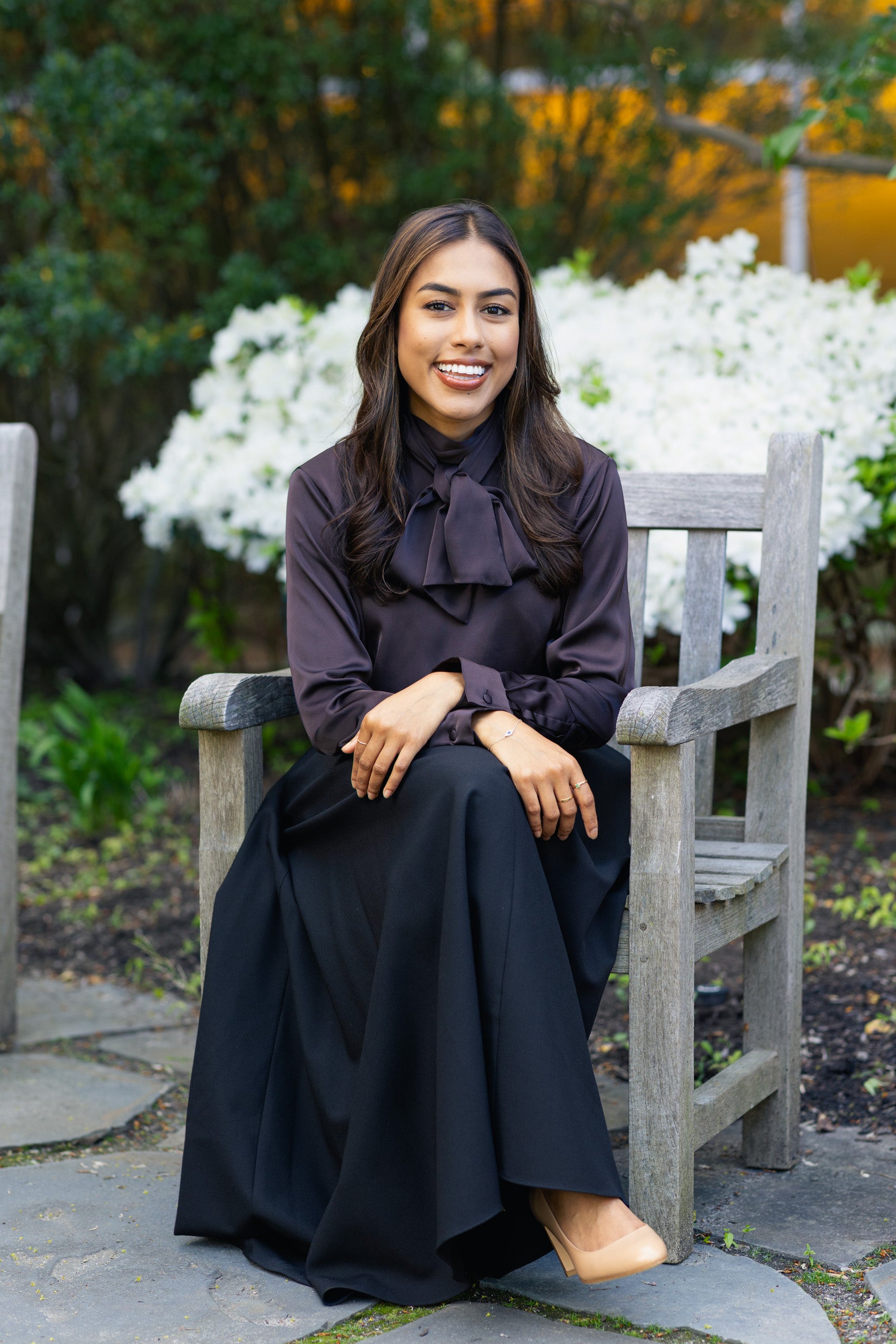
Tashrima Hossain honored with Ralph D. Gants Access to Justice Award
This recognition is given to a student who demonstrates commitment to improving access to justice and leadership in working to remove systemic barriers that prevent equal justice for all.
May 28, 2025